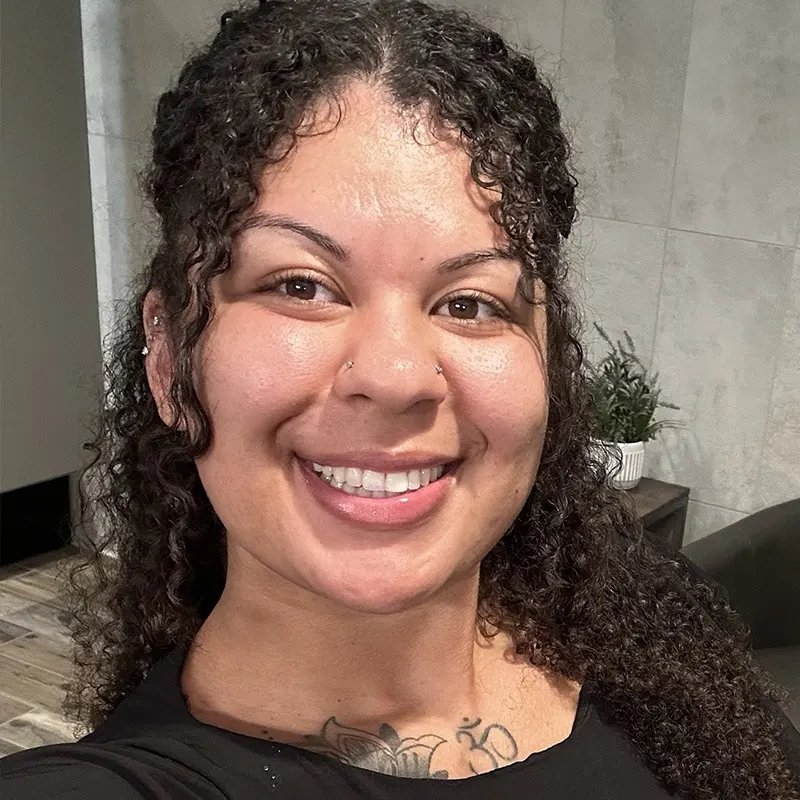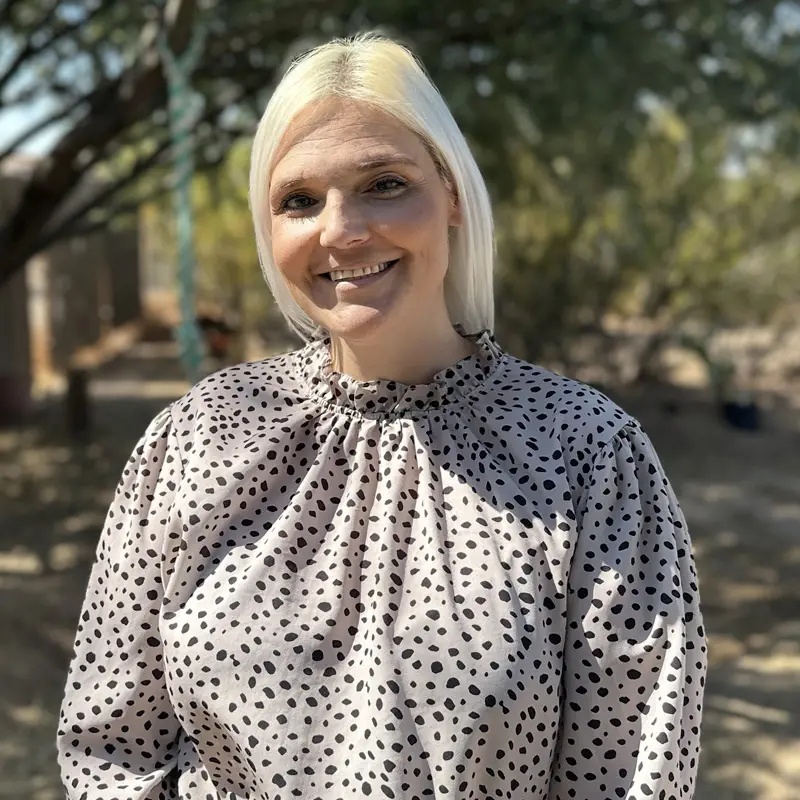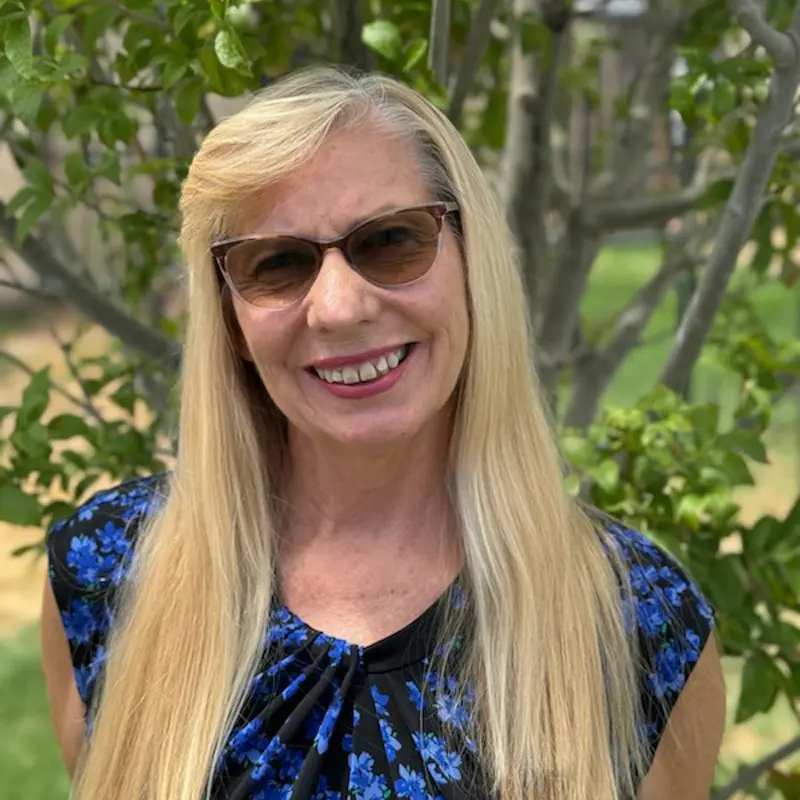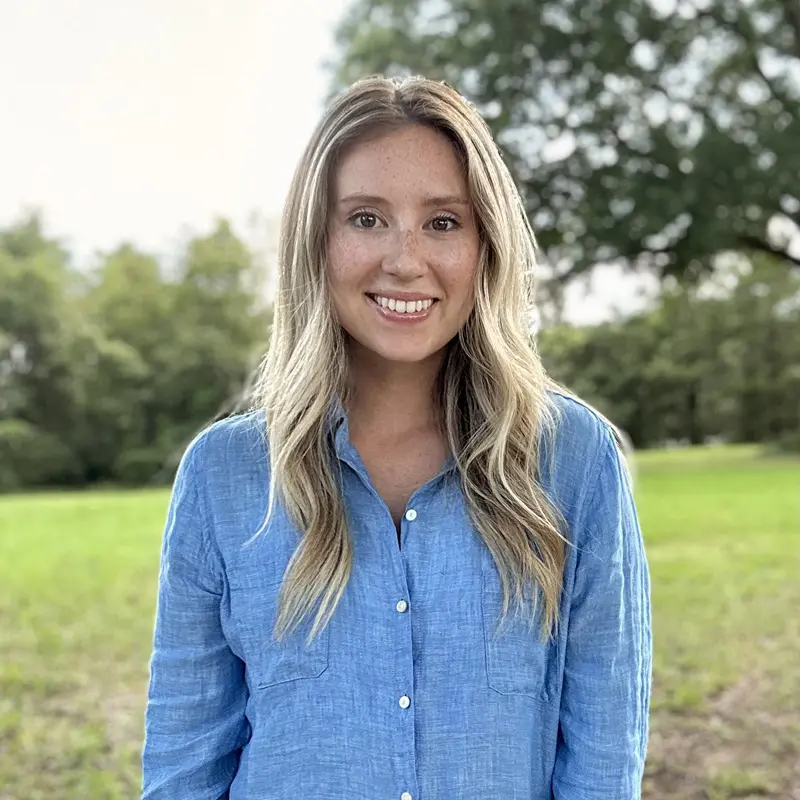Positive reinforcement is a foundational concept in Applied Behavior Analysis (ABA) therapy. It is one of the most effective, research-backed strategies for encouraging lasting behavioral change, especially for children with autism and developmental delays. At Cardinal Pediatric Therapies, we use positive reinforcement every day to help children learn new skills, gain independence, and build confidence.
In this article, we explain what positive reinforcement for ABA therapy is, how it works, and why it plays such a vital role in helping children achieve meaningful progress in behavior, communication, and daily living.

What Is Positive Reinforcement?
Positive reinforcement involves delivering a reward or motivating consequence immediately after a desired behavior occurs. The goal is to increase the likelihood that the behavior will happen again in the future.
Rather than focusing solely on correcting negative behaviors, positive reinforcement emphasizes what a child is doing right. This creates a more encouraging, supportive environment where learning feels rewarding and progress is acknowledged.
In the context of ABA therapy, positive reinforcement is not one-size-fits-all. It is carefully customized to fit each child’s needs, preferences, and developmental goals.
How Positive Reinforcement Is Used in ABA Therapy
Identifying Target Behaviors
The first step in using positive reinforcement in ABA therapy is identifying target behaviors. These are specific skills or actions the therapist and family want the child to develop. Common examples include:
- Using verbal or nonverbal communication
- Following instructions
- Practicing self-care (e.g., brushing teeth, putting on shoes)
- Engaging in appropriate social interactions
- Completing academic tasks or routines
Target behaviors are selected based on the child’s individual goals, and the ABA team defines clear criteria for what counts as success. By pinpointing exactly what to reinforce, therapists create opportunities for consistent learning.
Choosing Effective Reinforcers
Not every reward is motivating to every child. That’s why ABA therapists conduct preference assessments to determine which reinforcers will be most effective for each individual. Reinforcers can be:
- Tangible Items: Toys, snacks, stickers
- Social Praise: High-fives, clapping, enthusiastic verbal praise
- Activities: Access to a favorite game, music, or break time
- Sensory Experiences: Swinging, playing with textures, using a weighted blanket
The goal is to match the reinforcer to what the child finds meaningful, making the experience of success both enjoyable and memorable.
Prompting and Reinforcing Desired Behaviors
Once a behavior is defined and the reinforcer is selected, ABA therapists use prompts and cues to help the child understand what is expected. Prompts may be physical, verbal, visual, or gestural, depending on the child’s learning style.
When the child performs the target behavior, the therapist immediately delivers the positive reinforcement. The timing is key. Reinforcement must follow the behavior right away to create a strong connection in the child’s mind.
For example:
- A child asks for a toy using sign language and receives the toy with a smile and praise.
- A child remains seated during a group activity and gets a high-five and access to a favorite sticker.
This consistent feedback shows the child that their actions lead to positive outcomes, encouraging them to repeat the behavior.

Shaping and Generalizing Skills
In ABA therapy, therapists often use a technique called shaping to reinforce small steps toward a more complex goal. For example, suppose the target behavior is brushing teeth independently. In that case, therapists may start by reinforcing the child for picking up the toothbrush, then for putting toothpaste on it, and so on.
As the child becomes more confident, the reinforcement criteria are adjusted. This gradual process leads to skill development through successive approximations.
The ultimate goal is for the child to generalize the skill across environments, using it not just during therapy but also at home, in school, and the community.
Keeping Motivation High
Consistency and motivation are crucial in ABA therapy. Positive reinforcement helps children stay engaged, even during challenging or unfamiliar tasks.
When a child feels successful and recognized, they are more likely to participate actively in therapy sessions. This emotional boost builds self-esteem and reinforces the connection between effort and reward.
At Cardinal Pediatric Therapies, our therapists make reinforcement a central part of every session, helping children enjoy the learning process while reaching their goals.
Fading Reinforcement Over Time
As behaviors become stronger and more consistent, therapists begin the process of fading reinforcement. This means gradually reducing the frequency, intensity, or visibility of rewards so that the behavior becomes self-sustaining.
For example:
- A sticker that was once given every time the child completed a task may shift to every other time, then once a day, then once a week.
- Social praise may continue intermittently to maintain the behavior, even after other reinforcers are removed.
This step helps children build intrinsic motivation and prepares them for real-world environments where constant rewards are not always present.

Why Positive Reinforcement Works in ABA Therapy
Positive reinforcement is effective because it is:
- Predictable: Children understand that their behavior leads to a specific outcome.
- Motivating: It aligns with the child’s preferences, making success enjoyable.
- Flexible: It can be customized and adapted over time.
- Encouraging: It focuses on what children are doing well, not just what they need to change.
When used consistently and intentionally, positive reinforcement promotes lasting behavior change, supports emotional growth, and empowers children to reach their full potential.
How Cardinal Pediatric Therapies Uses Positive Reinforcement
At Cardinal Pediatric Therapies, we incorporate positive reinforcement into every aspect of our ABA therapy programs. Whether a child is working on communication, social skills, or independence, reinforcement is a tool we use to guide, celebrate, and motivate.
Here is how we make it part of our approach:
- Individualized Therapy Plans: We design each ABA program around the child’s strengths, needs, and motivators.
- Parent Collaboration: We coach parents on how to use positive reinforcement at home for consistency.
- Evidence-Based Methods: We rely on proven techniques to help children learn in a way that is engaging and supportive.
- Goal Tracking and Data Analysis: Our therapists measure outcomes and adjust reinforcement strategies to reflect progress.
Our clinics and in-home programs across Arizona and North Carolina are designed to create a positive, structured environment where children feel safe, seen, and celebrated.

Get Started With Cardinal Pediatric Therapies!
Positive reinforcement is more than a strategy. It is a mindset that focuses on growth, possibility, and empowerment. In ABA therapy, it serves as the foundation for teaching meaningful skills and promoting long-term success.
At Cardinal Pediatric Therapies, we believe every child deserves to feel proud of their progress and motivated to keep learning. Through the thoughtful use of positive reinforcement, we help children build confidence, strengthen relationships, and develop the tools they need to succeed at home, at school, and beyond.
If you are searching for ABA therapy services in Arizona or North Carolina, contact Cardinal Pediatric Therapies today to learn how our team can support your child’s growth through evidence-based, positive approaches.































